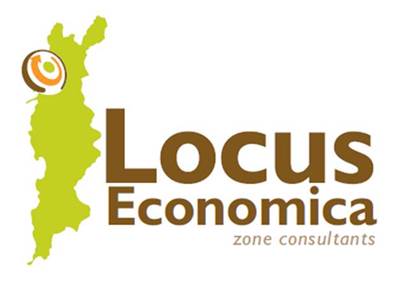Above: Gaborone, Botswana
Botswana
Botswana is a shining example of how a country can leverage its natural resources to overcome geographic disadvantages and produce sustained, inclusive development. Despite being landlocked and susceptible to the “resource curse” because of its large diamond reserves, Botswana transformed itself from one of the poorest countries in the world to a middle-income country with a per capita GDP of $17,700.
The government helped facilitate this growth by implementing sound economic policies, building strong institutions, and using income from diamond production to support private-sector development of agriculture, construction, manufacturing, and tourism. The Trade Act of 2008 improved the business regulatory environment by removing unnecessary license requirements. The country now ranks 72nd in the World Bank’s Doing Business Report, one of the top three in Sub-Saharan Africa
Botswana developed a new special economic zone (SEZ) policy in 2011 and declared the Botswana Investment and Trade Centre as the interim authoritative body to oversee SEZs. Locus founder and CEO Jean-Paul Gauthier has been involved in the development of the SEZ program from the beginning, helping the government use the zones to increase private-sector employment and diversify the economy into industries that will continue to grow even after diamonds run out.
A total of 8 planned zones are now expected to create up to 100,000 direct and indirect jobs over 20 years. As of 2018, the first of these, Fairgrounds SEZ, a brownfield project receiving a facelift, is expected to create 5,000 new jobs. Feasibility studies have been completed for 3 further SEZs.



One of the most common reasons for the failure of a special economic zone (SEZ) is poor location. For that reason, Locus Economica, in partnership with Kaiser Associates, undertook an assignment for the Botswana Ministry of Trade and Industry to identify the areas of the country with the greatest potential for success if designated as an SEZ....